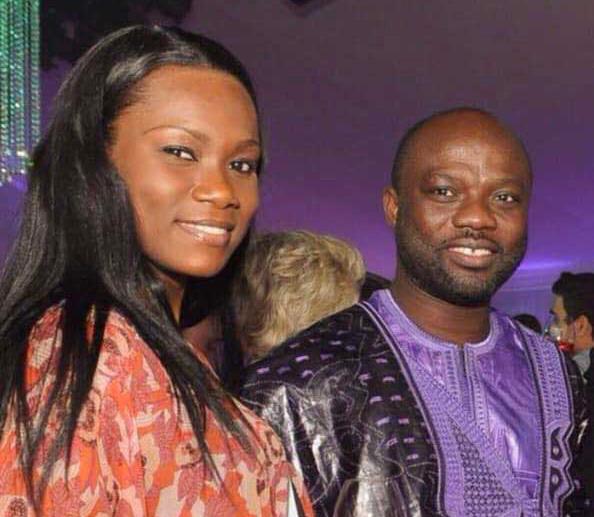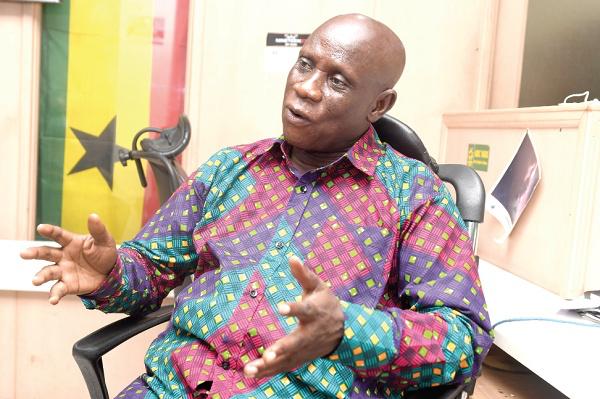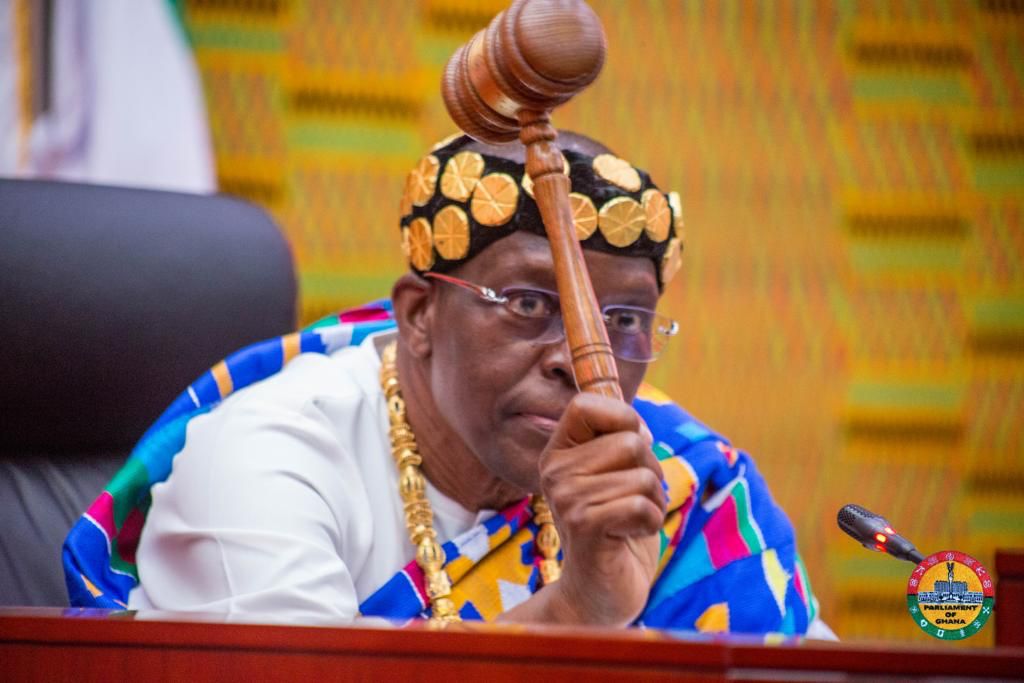The recent statements by Nana Obiri Boahen, a lawyer, former Deputy General Secretary of the New Patriotic Party (NPP), and former deputy minister, attacking the moral right of Mrs Boakye Danquah Adu, the widow of the late J.B. Danquah-Adu, to express her concerns about her husband’s murder trial, are not only reckless but also deeply insensitive. Such comments must be condemned in the strongest terms.
During a discussion on Rainbow Radio 87.5FM, Mr. Obiri Boahen expressed his disappointment that neither the widow, family members, nor parliamentary colleagues of the late J.B. Danquah were present in court throughout the years the case had been pending. According to him, their absence was indicative of a lack of concern for the proceedings, and he particularly singled out Mrs Boakye Danquah Adu, questioning her dedication as a wife and mother.
This line of reasoning is both flawed and unjustified. Firstly, the notion that physical presence in court is the only marker of concern or commitment is misguided. There are countless reasons why someone may not attend a trial, ranging from personal trauma to security concerns. The pain of losing a loved one under brutal circumstances does not dissipate with time. Mrs Boakye Danquah Adu, as the direct victim of this tragedy, has every right to decide how she grieves and seeks justice.
Furthermore, Nana Obiri Boahen’s comments display a troubling lack of empathy. To suggest that a grieving widow must demonstrate her commitment to justice by physically attending court proceedings disregards the emotional turmoil and distress she continues to endure. His statements attempt to invalidate her grief, as though her absence in court equates to indifference towards the murder of her husband. This is not only a callous mischaracterisation but also an unfair burden to place on a bereaved spouse.

It is also worth questioning the basis of his assertions. Was Mrs Boakye Danquah Adu, legally obligated to attend every court session? Did her absence hinder the trial in any way? The fact that Mr. Obiri Boahen took an interest in the case does not give him the moral authority to determine how others, particularly the victim’s closest family members, should respond to their grief and pursuit of justice.
Moreover, the broader context of his remarks raises concerns about victim-blaming and the societal pressures placed on women to prove their worthiness of sympathy and justice. It is disturbing that, rather than channelling his energy into ensuring that the case reaches a fair and just conclusion, Mr. Obiri Boahen chose to publicly attack the widow of the victim. This unnecessary distraction only serves to undermine the core issue: the pursuit of justice for J.B. Danquah-Adu.
Public discourse surrounding such sensitive cases must be conducted with respect and consideration for the victims and their families. Instead of making unfounded and hurtful statements, individuals in positions of influence should use their platforms to advocate for a fair trial and measures to prevent such tragedies from recurring. Nana Obiri Boahen’s comments do nothing to advance justice and serve only to inflict further pain on an already grieving widow and family.
In the end, we must ask ourselves: do we live in a society where victims and their families must constantly prove their grief in public courtrooms? Or should we instead focus on ensuring that justice is served with dignity and compassion? Nana Obiri Boahen’s remarks represent the kind of toxic rhetoric that has no place in a society striving for fairness, respect, and justice.
DISCLAIMER: The Views, Comments, Opinions, Contributions and Statements made by Readers and Contributors on this platform do not necessarily represent the views or policy of Multimedia Group Limited.
















